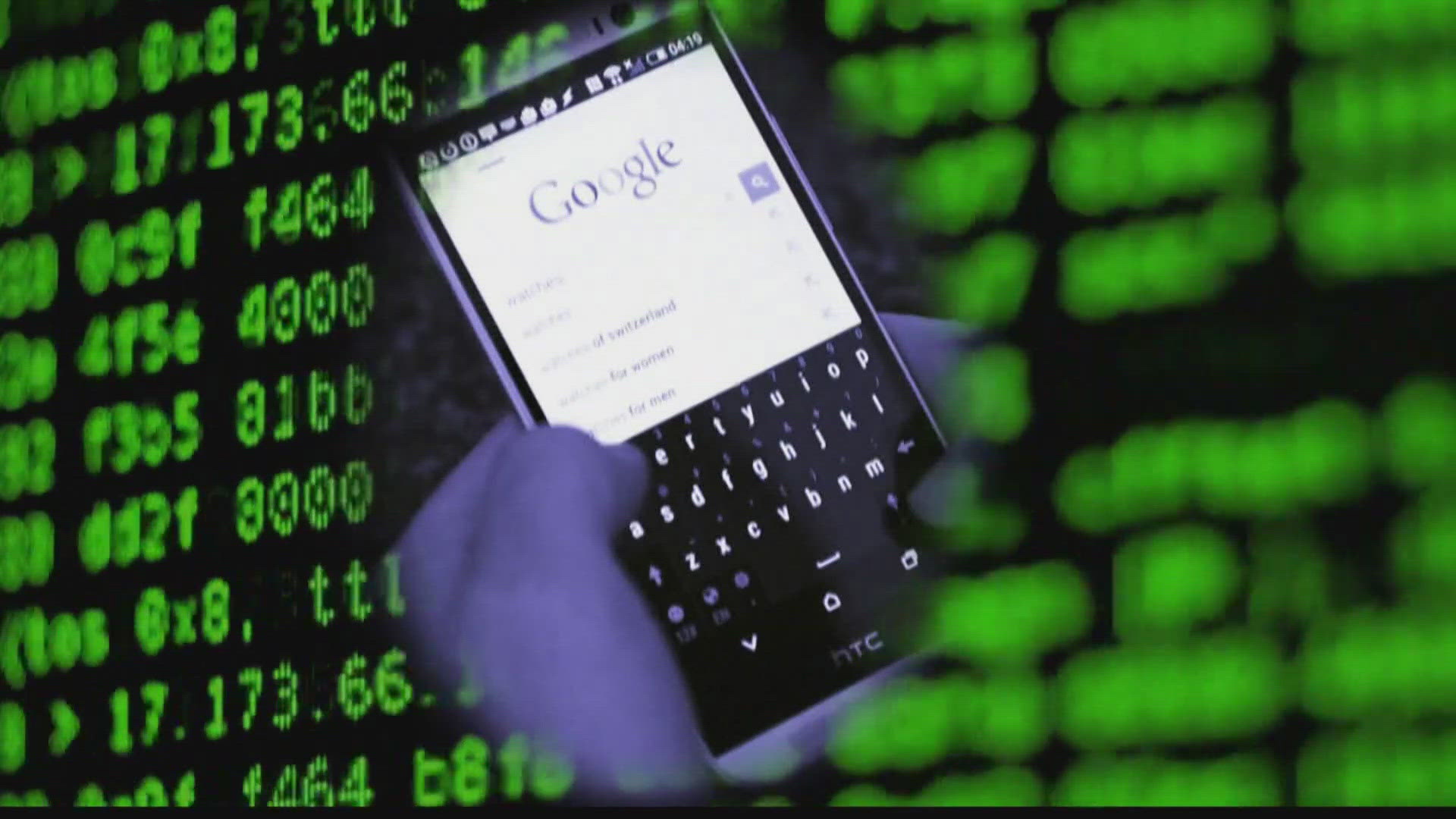ST. LOUIS — Chris Maxwell is a voice you don’t hear from every day. Once a scammer, he’s now exposing the dark secrets of a global fraud network.
“I just wanted to make money. I just wanted to make a lot of money," he said. “I made over $70,000 in total.”
A reformed scammer from Nigeria, he said he conned women into wiring him money, pretending to be in love with them. But he did this only over the phone. He never showed his face.
“How did you get away with it?” the I-Team's Paula Vasan asked.
“Lies so many lies. I tell them I'm on deployments. I have no access to Wi-Fi. I have no access to my phone," Maxwell said.
Maxwell now works for Social Catfish, a company that verifies online identities using reverse search technology. He’s using his insider knowledge to help authorities track down these criminals.
“I felt really bad for what I did," he said.
He describes a complex network where scammers impersonate government officials, law enforcement and even family members.
“And every day, there are new scammers, there are new techniques, there are new methods," he said.
Maxwell said one newer method is the use of technology like artificial intelligence.
Last month, the I-Team reported on a St. Louis County man who got a call he never expected.
“And it was my daughter. And she was crying. And she said, ‘Dad, I've been in an accident,'" Mike Capstick said back in April.
It was not his daughter. Instead, a scammer used A.I. to recreate her voice.
The I-Team discovered just how prevalent these scams are. In just the first three months of the year, there were about 58,250 impersonation scams in Missouri. It led to millions of dollars in losses, and it’s only getting worse, said Tracy Berry with the U.S. Attorneys' Offices in St. Louis.
"It is extremely frightening," Berry said.
She, along with the United States Attorneys' Offices in St. Louis, just helped to indict seven people in this complex ring of organized crime. Their victims were in the St. Louis area and around the country.
"Sometimes, we're not finding out until the person has already done 345 transactions with a person," she said, “and lost their life savings."
She told the I-Team that scammers even fly directly to people’s homes to pick up money, and she’s finding older people are often targeted.
“What can people do to prevent this from happening to them?” asked Vasan.
“What they can do is to have a trusted contact," said Berry. “And say, 'What do you think of this?'”
Maxwell agreed.
“People have to be on guard. Really," he said.
Cybersecurity expert Pete Nicoletti, field chief information security officer at Check Point Software Technologies, a multinational provider of cybersecurity products for IT security, has additional advice on preventative measures.
“Have two family code words prearranged for both ‘I’m safe’ and ‘I’m under duress’ situations," he said. "Involve an internet savvy family member before sending money to anyone or getting involved romantically when money becomes involved."
He also recommended using www.facecheck.ai to see the people and www sites using a person’s photo.
“Always insist on a video or a face to face meeting in a safe place to really see who you are talking to,” Nicoletti said.
Resources for scam victims
If you think you’re a target of an impersonation scam, reach out to your local enforcement. We’ve also listed resources for you below.
The Missouri Department of Health & Senior Services recommends that if you think you're being scammed or receiving a call of this nature, you should contact the threatened family member directly. Additionally, you should report the call to police and also file a claim with the Missouri Attorney General's Office.
The FBI offers tips on how to protect yourself from becoming a victim of crime and fraud.
Want to contact our I-Team? Leave a voice message on 314-444-5231 or email Paula directly at pvasan@ksdk.com.

